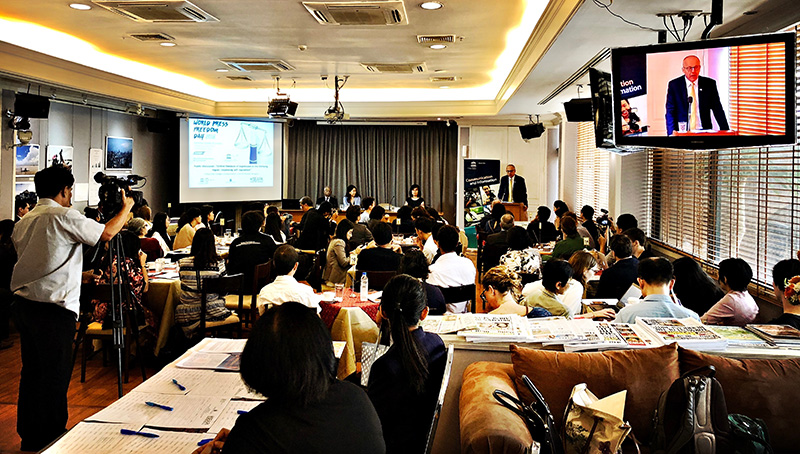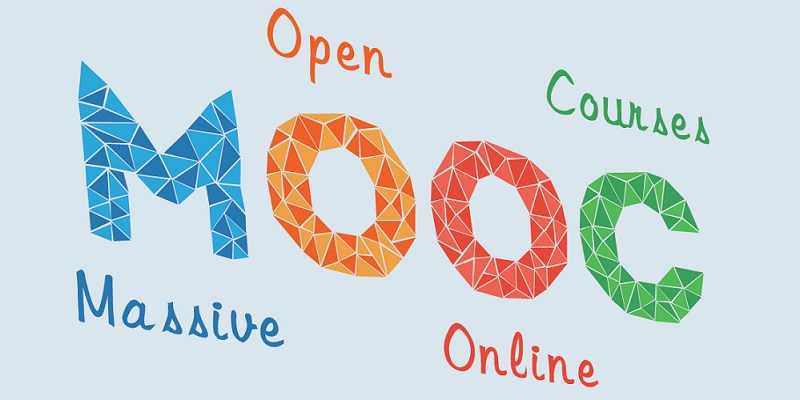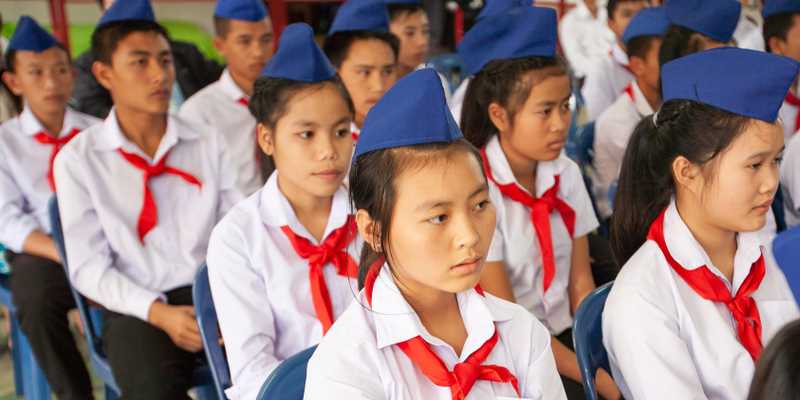Across the world, journalism is under fire
“Across the world, journalism is under fire.” That was the key message of the World Press Freedom Day celebrated on 3 May 2018 in Bangkok and attended by over 100 representatives of NGOs, media, academia, government and UN organizations from journalism, communication, design and art sectors
In his opening remarks, H.E.M. Staffan Herrström, Ambassador of Sweden to Thailand, Myanmar and Lao PDR, reminded the public that freedom of expression has been historically a critical element for creativity, innovation and progress in societies. “Yes, journalism is under fire. Yes, the space is shrinking, but the tide can turn again, needs to turn again”, he said.
Across the globe, there has been a rise in the attacks on artists and journalists, the adoption of laws curbing artistic and free expression such as those dealing with state security, defamation, religion or ‘traditional values’, as well as other online restrictions such as the filtering of content, blocking of websites and internet shutdowns.
During the joint launch of two UNESCO’s Global Reports on World Trends in Freedom of Expression and Media Development and Re|Shaping Cultural Policies, Ms. Duong Bich Hanh, Chief of the Culture Unit at UNESCO Bangkok, pointed out many similarities in the challenges faced by both the media and culture professionals.
“In Thailand, at least 500 orders and announcements were issued by the junta [since 2014] to control not only the media but freedom of expression and basic human rights” said Mr Yingcheep Atchanont from the legal reform NGO iLaw in Thailand. The reporter from Voice of America in Cambodia also noted the rise of self-censorship and online harassment of journalists and bloggers in social media.
As a way to promote self-regulation online, Ms. Sheen Handoo, Public Policy Manager at Facebook, introduced the participants to their community standards and their Transparency Portal that provides information on the government requests for user data and content restrictions based on local laws.
However no single approach, relying on one form or one category of actors, can provide a solution to the concrete concerns relating to freedom of speech in the changing and dynamic environment that is the Internet. On this point, Ms. Misako Ito, Adviser for Communication and Information at UNESCO Bangkok, presented the UNESCO’s vision of Internet Universality that is based on human Rights, Openness, Accessibility and Multi-stakeholder participation – collectively known as the ROAM principles. “The concept of Internet Universality is a vision of an Internet that works for all and provides a framework for self-regulation over the Internet”, she said.

Another media self-regulatory initiative called Journalism Trust Initiative was highlighted by Reporters Without Borders as an innovative way to combat misinformation online. The initiative aims at developing an agreed set of ‘trust’ standards amongst media partners in Europe to certify a media house as “trustworthy”. Those standards would reflect the independence of the media in terms of ownership and the sources of revenues as well as their compliance with professional and ethical norms for quality journalism.
Reflecting on media self-regulation, Dr. Pirongrong Ramasoota from Chulalongkorn University, shared that in Thailand, there is no effective self-regulatory mechanism yet: “Between 5 and 25 complaints are filed to the Press Council in Thailand each year, which is extremely low, in comparison with the Swedish Ombudsman, who receives at least 700 complaints each year” she noted. She concluded that public awareness of the importance of media in society and public request for quality journalism is key to increase self-regulation in the media sector in Thailand.
This public discussion was held within the celebration of World Press Freedom Day organized jointly by UNESCO, the Southeast-Asia Press Alliance and the Embassy of Sweden in Thailand. The public debate was followed by a design workshop for a selected group of artists, designers and communicators to develop a collaborative artwork on the concept of Internet Universality and its associated ROAM principles.
Main photo credit: ©UNESCO/Christelle Alix
Second photo credit: ©British Embassy Bangkok/Daniel Fieller









